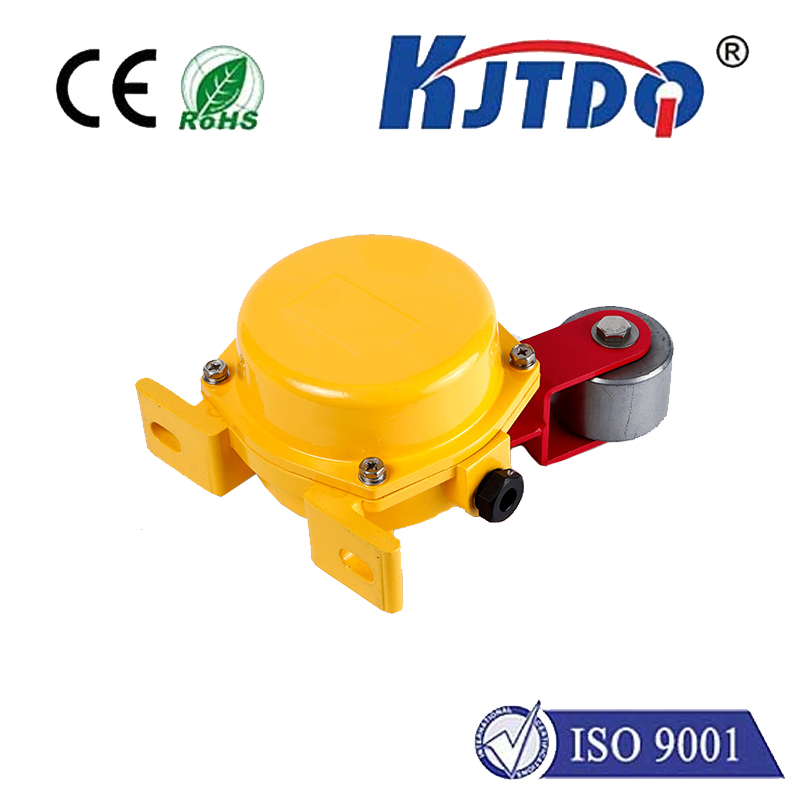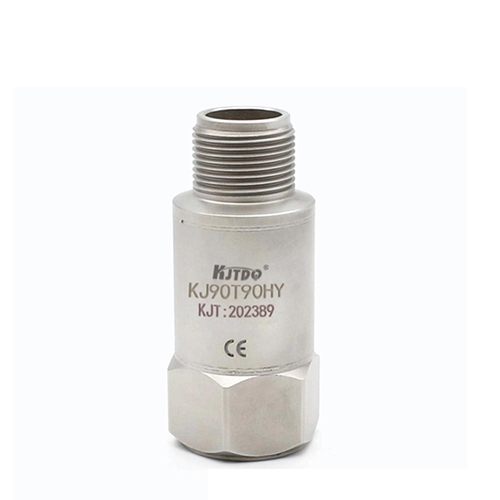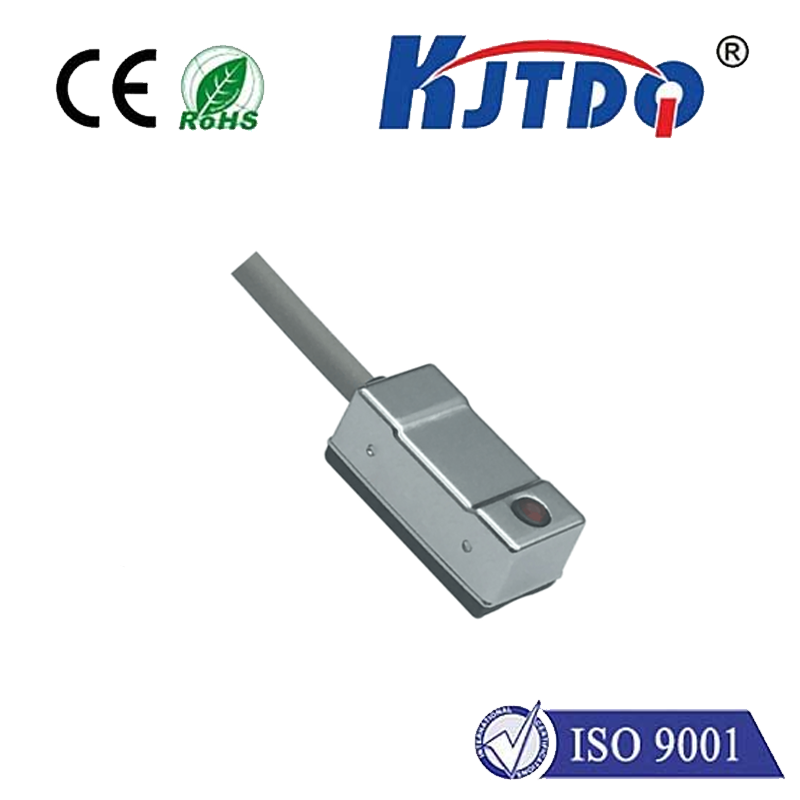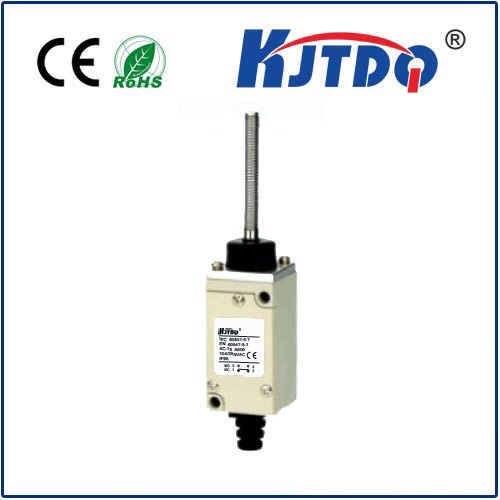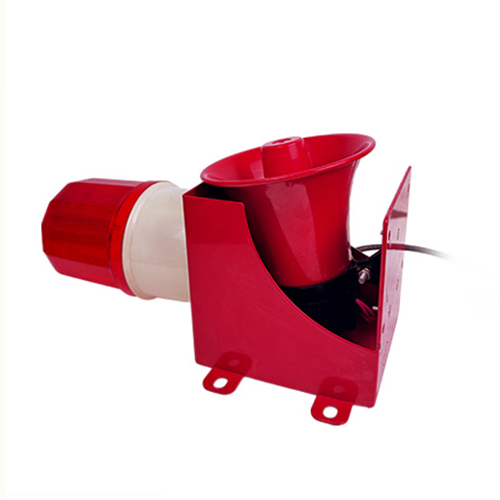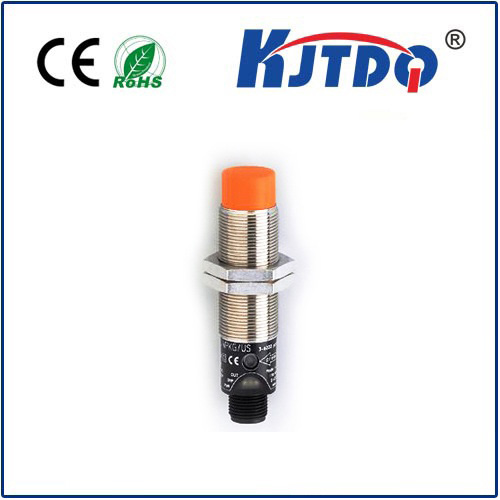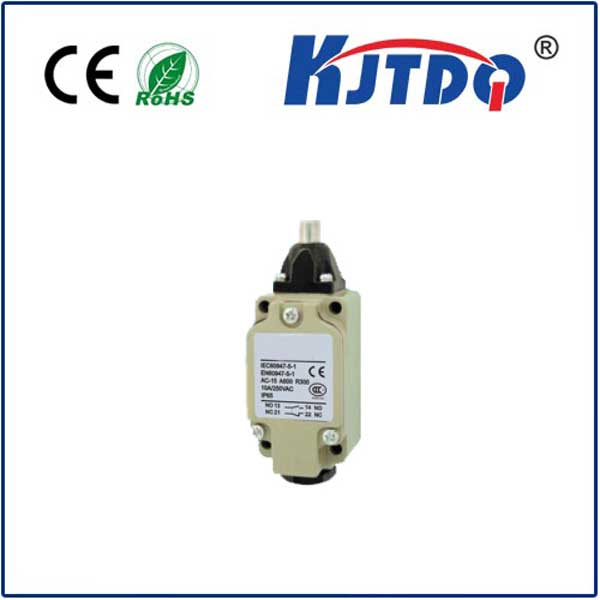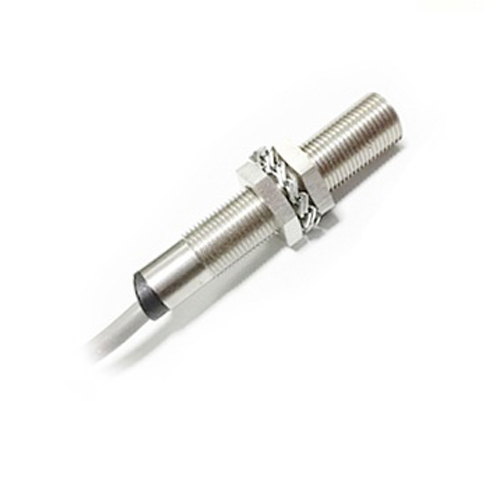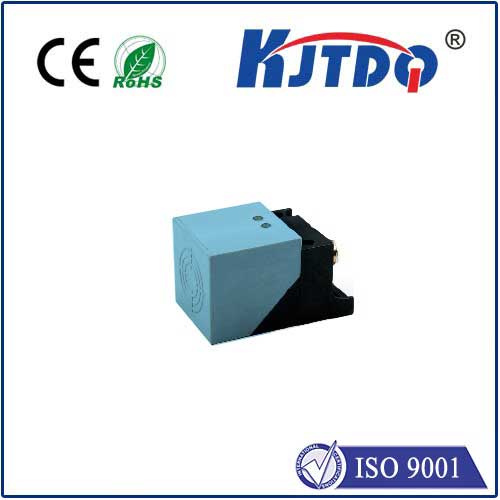Harnessing the Power of High Temperature Capacitive Proximity Sensors: Revolutionizing Industrial Sensing Applications In the ever-evolving landscape of industrial automation and sensing technologies, high temperature capacitive proximity sensors have emerged as game-changers. These advanced sensors are engineered to operate efficiently in extreme thermal environments, offering unparalleled reliability and precision for a myriad of applications. This article delves into the intricacies of these sensors, exploring their design principles, benefits, and the diverse industries they serve.
At the core of high temperature capacitive proximity sensors lies a simple yet elegant operating principle based on the change in capacitance when an object approaches or moves away from the sensor’s probe. Unlike traditional contact-based sensors that rely on physical touch, these non-contact sensors detect objects through changes in electrical capacity within their vicinity. This feature makes them ideal for applications where hygiene, wear-and-tear, or contamination are concerns. Design innovations in these sensors ensure they can withstand harsh conditions, including elevated temperatures that would typically render conventional sensors ineffective. By utilizing materials and designs optimized for heat resistance, manufacturers have crafted sensors capable of functioning reliably at temperatures reaching hundreds of degrees Celsius. This opens up a new realm of possibilities for industries requiring high-precision monitoring in thermally challenging settings.
The adoption of high temperature capacitive proximity sensors is fueled by several key advantages they offer over their counterparts:
Enhanced Durability: Built with robust materials designed to endure extreme heat, these sensors boast exceptional longevity, reducing maintenance costs and downtime.
Accuracy & Reliability: Despite the hostile environments they operate in, these sensors maintain consistent output accuracy, ensuring reliable performance even under fluctuating temperatures.

Non-Contact Functionality: The absence of mechanical wear from contact eliminates the need for frequent replacements due to abrasion or corrosion, making them cost-effective over time.
Многогранный.: With customizable detection ranges and response times, they can be tailored to fit specific application requirements across various industries.
Компактный дизайн: Their small form factor allows for easy integration into tight spaces without compromising functionality or efficiency.
High temperature capacitive proximity sensors find utility in a broad spectrum of sectors where precise distance measurement and object detection at elevated temperatures are crucial:
Manufacturing & Automation: In high-temperature manufacturing processes such as metal forming, welding, and foundry operations, these sensors monitor position, speed, and presence of parts, enhancing process control and safety.
Автомобильная промышленность: They play a vital role in exhaust systems, turbochargers, and engine components where accurate sensing is required despite intense heat.
Aerospace & Defense: Used in jet engines, missile systems, and other high-tech equipment, they ensure critical components operate within safe parameters.
Oil & Gas Sector: Downhole drilling operations benefit from their ability to function in extremely hot and pressurized environments, aiding in well depth measurement and tool positioning.
Food Processing: In bakeries and ovens, these sensors ensure precise control of food cooking processes without direct contact, maintaining hygiene standards.
As industries continue to push boundaries in terms of productivity, safety, and environmental sustainability, the demand for sophisticated sensing solutions like high temperature capacitive proximity sensors will only grow. Innovations in materials science and electronic miniaturization promise even more resilient and efficient sensors in the future, further expanding their applicability and transforming industrial processes across the globe. In conclusion, high temperature capacitive proximity sensors represent a significant leap forward in industrial sensing capabilities. By combining rugged durability with precise detection in extreme temperatures, they empower businesses to optimize operations, enhance product quality, and ensure worker safety, all while driving progress towards smarter, more connected production ecosystems.
